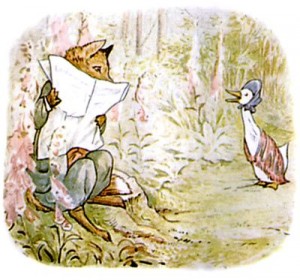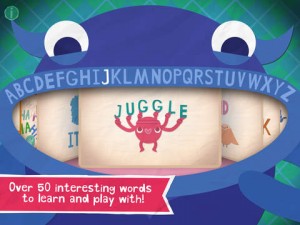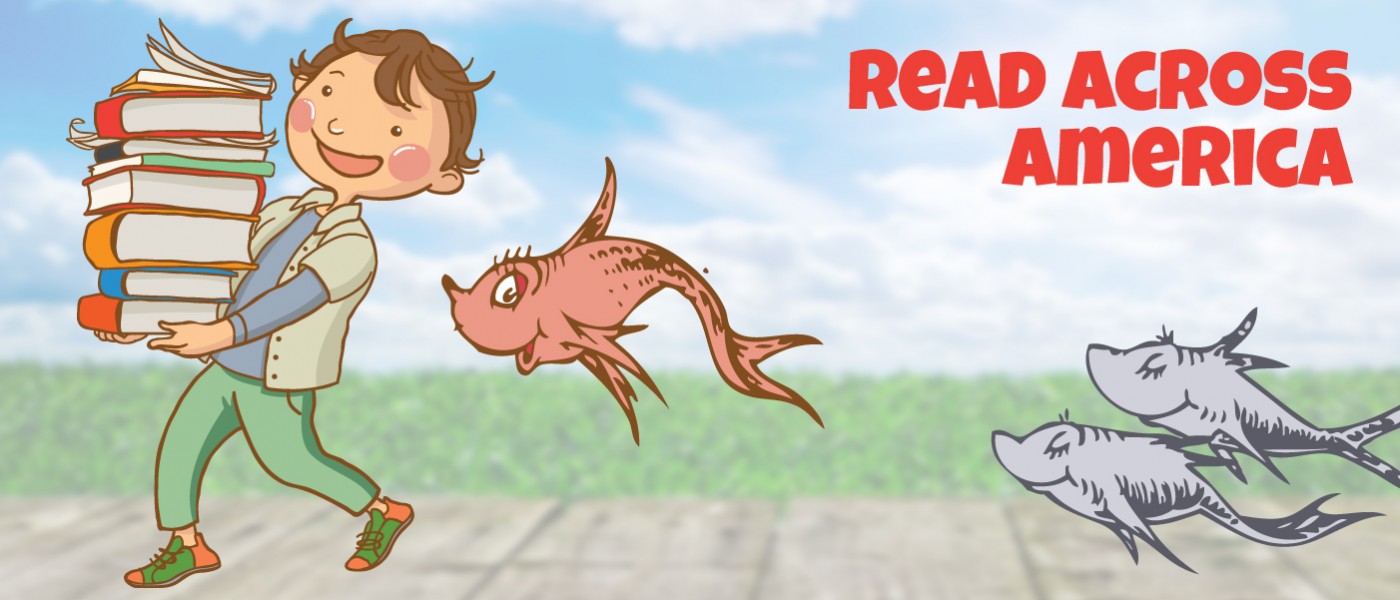What is Phonological Awareness & Why You should Learn Now!
March is National Reading Month, so to celebrate raising awareness of this crucial life skill we’ll discuss the links between speech and language development and early literacy skills. A number of skills that would fall under the speech and language umbrella are enormously important to the development of early literacy. What can parents can do to promote early literacy in their children, from 12 months (or even earlier!) through pre-adolescence? We’ll discuss that too. You may already actively do some or all of these things with your child(ren), but let’s explore some evidence-based lessons as you continue to stimulate your child’s reading development. Learning to read and to ♥ love reading ♥ is a childhood-long project for both children and parents and the work you do as a parent and this post aims to be another support for this noble endeavor.
What is Phonological Awareness?
 One of the key terms that speech and language clinicians concern themselves with as they work to enhance speech development in children, is phonological awareness. As the term denotes, phonological awareness refers to a child’s knowledge of the sound structure of words. A sister term, phonemic awareness, refers to a child’s ability to distinguish between sounds in a language that can change a word’s meaning. For example, a four-year old child with good phonemic awareness would be able to tell you, without any conversational context, that the words thin and fin are indeed different, even though the /f/ and /th/ sounds (read, phonemes here) are acoustically quite similar. One common cause of a child being unable to say the /th/ sound correctly in his/her perceptual confusion with the /f/ sound, for example. In fact, many children say /wIf/ for “with” and this may come from actually not hearing the difference between the two sounds.
One of the key terms that speech and language clinicians concern themselves with as they work to enhance speech development in children, is phonological awareness. As the term denotes, phonological awareness refers to a child’s knowledge of the sound structure of words. A sister term, phonemic awareness, refers to a child’s ability to distinguish between sounds in a language that can change a word’s meaning. For example, a four-year old child with good phonemic awareness would be able to tell you, without any conversational context, that the words thin and fin are indeed different, even though the /f/ and /th/ sounds (read, phonemes here) are acoustically quite similar. One common cause of a child being unable to say the /th/ sound correctly in his/her perceptual confusion with the /f/ sound, for example. In fact, many children say /wIf/ for “with” and this may come from actually not hearing the difference between the two sounds.
Phonological awareness is a pretty general term I should add and encompasses a number of sub skills. The skills include not just the sounds themselves, but also the syllable. An assessment of phonological awareness might ask a child to identify which syllable is shared by two words (e.g. in market and marmalade), or to say how a word would sound if a syllable were taken out (e.g. “how might “market” sound if we took out “mar”). Another part of such an assessment might ask about rhyming: which words rhyme or don’t rhyme, or to generate a list of words that rhyme with given stimulus word. The child would also need to identify which two words are alliterative, or start with the same sound.
Similarly, phonemic awareness would be concerned with a child’s knowledge of sounds, but would be more associated with individual sounds rather than with syllables or with how sounds may be associated with each other through, say rhyming. Sub-skills that might be found on an assessment could be sound/phoneme:
- matching—”tell me which word has the same first sound as the word hat”
- completion—”here’s a picture of a hat. Finish the word for me, ha-“
- deletion—”here’s a car. Now say this word without /k/”
Many kids may or may not be conscious of their own awareness of how sounds fit together in their language, but given a little training, these skills are quite straightforward to assess and have been found, in both classic and more recent research, to be correlated with literacy development.
What does Science say about Sound and Reading?
As you might imagine, an early awareness of how sounds fit together to form words would have a positive impact on development of reading skills. In a more classic study, Wimmer, Linderl, Linortner and Hummer (1991) found, via three related studies, that children with strong phonemic awareness were significantly more likely to be good readers and spellers by the end of first grade. Conversely, students with relatively poor phonological awareness are more likely to be poor spellers (Cassar, Treiman, Moats, Pollo & Kessler, 2005).
Another study, Good, Simmons and Kame’enui (2001) found that phonological awareness skills assessed even before a child has begun to learn to read can predict reading skills by grade three. While the research picture is actively unfolding here, we nonetheless have quite solid evidence that the degree to which a child can demonstrate the phonological awareness skills described above would portend success in reading and spelling. So, now what can we do with this knowledge? How can we best prepare our pre-readers and beginning readers for success by likewise targeting this phonological awareness?
Games & Apps for Phonological Awareness

Endless Alphabet by Originator
Any time that we parents get down to targeting an academic skills, I suggest keeping it fun and game-oriented. A great place to start is a comprehensive Pinterest board on phonological awareness, chock full of great, often free ideas to get going on with your child. There are also literally hundreds of apps (mostly for iPad, but some also for Android tablets) that target phonological and phonemic awareness. A couple examples of highly rated apps are “Endless Alphabet” and “Reading Raven HD.” Both are inexpensive.
Another, internet-based set of games I have used before are from PBS Kids. The folks at Sightwords also have some great materials on phonemic awareness. As the research I mentioned above would suggest, often the ideal time to intervene is as early as possible, whether a child struggles with phonological awareness or is quite gifted. And it is important to keep in mind that many of the activities suggested by the resources above would be geared more toward preschoolers (age 3 to 5) and early school-age kids (max age 7).
The bottom line here is that there is a correlation, and possible causal link, between early phonological awareness skills and later reading and spelling success. So, as with so many things that have to do with development in childhood, the earlier we can address phonological awareness, the best chance we would have to start our children off right. Also, in the event that a child would present with delayed or challenged phonological awareness, this would give that child’s parents and educators extra lead time to head off potential reading struggles as the school-age years begin. So, get your kids aware of the interconnections of speech sounds and have fun doing it! Best of luck!




